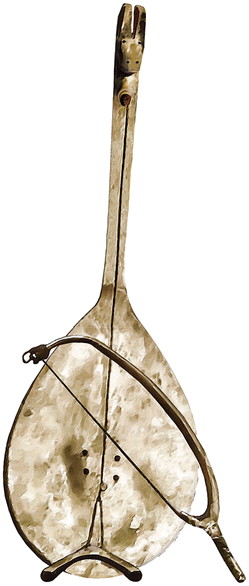From Jāhiliyyah to Badīciyyah: Orality, Literacy, and the Transformations of Rhetoric in Arabic Poetry
By Suzanne Pinckney Stetkevych
Starting with the mnemonic imperative governing the use of rhetoric in pre- and early Islamic Arabic oral poetry, this essay proposes that in the later literary periods, rhetorical devices, now free of their mnemonic obligation, took on further communicative or expressive functions. In the High CAbbāsid age, rhetorical devices are “retooled” to serve as the “linguistic correlative” of Islamic hegemony as witnessed in caliphal court panegyrics of the rhetorically complex badīc style. Finally, the “rhetorical excess” of the post-classical badīciyyah (a poem to the Prophet Muḥammad in which each line must exhibit a particular rhetorical device) is interpreted as a memorial structure typical of the medieval manuscript (as opposed to modern print) tradition.
